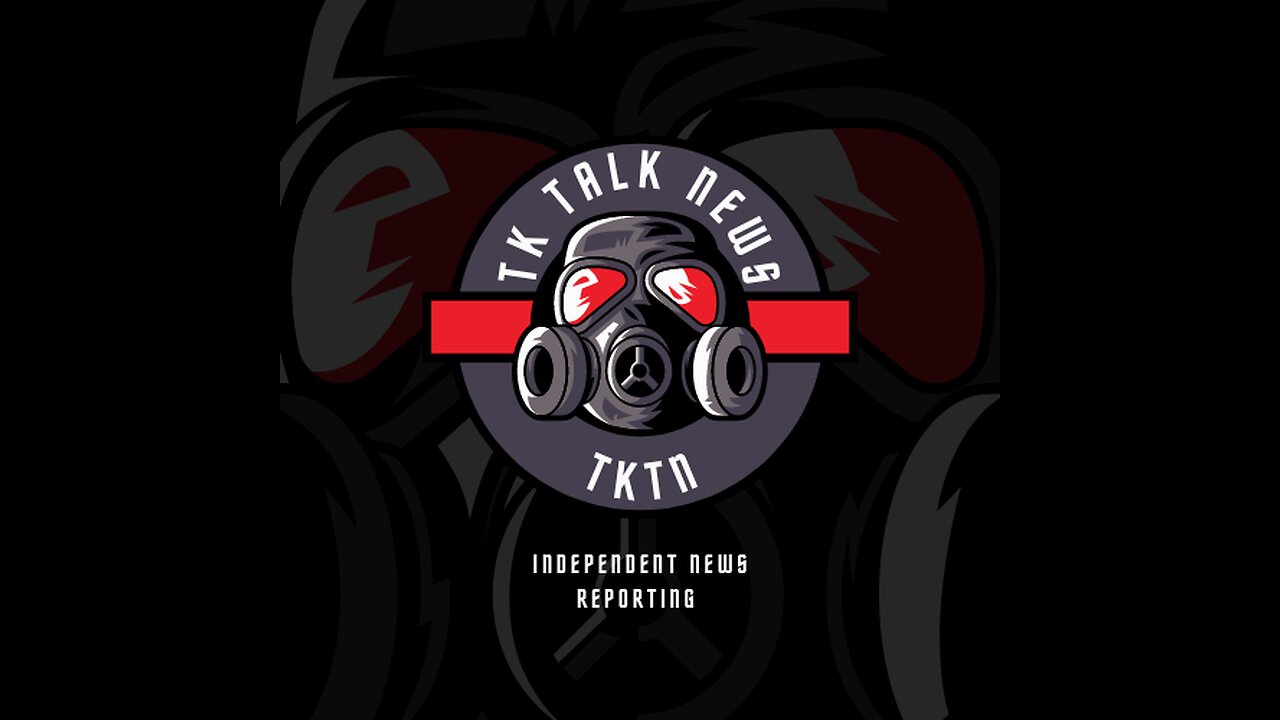Premium Only Content

Preferred pronouns in public schools can cause damage to our kids.
As society continues to progress and accept diverse gender identities, the use of preferred pronouns has become a hotly debated topic in public schools. While it may seem like a simple matter of respect, the consequences of implementing preferred pronouns can be extremely damaging.
One of the biggest issues with preferred pronouns is the potential for unintentional harm. While it’s important to respect everyone’s gender identity, the use of preferred pronouns can sometimes lead to misgendering. For example, if a teacher accidentally refers to a student as “he” when they prefer “she,” it can cause immense emotional distress and further marginalize the student.
Another issue with preferred pronouns is the potential for division and exclusion. By allowing students to choose their own pronouns, it can create separate groups and further fragment an already divided society. The constant need to identify and categorize students based on their gender identity can lead to tension and conflict within the classroom.
Furthermore, the use of preferred pronouns can often feel like a forced political agenda rather than genuine respect for individuals. In some cases, students and faculty may feel like they are being forced to adhere to certain beliefs and values, which can be alienating for those who do not share those beliefs.
Of course, it’s important to recognize the importance of respecting gender identities, but we must also consider the potential negative consequences of implementing preferred pronouns in public schools. It’s important to approach this issue with sensitivity and careful consideration, rather than blindly following trends and ideals.
Ultimately, the use of preferred pronouns must be handled delicately and thoughtfully. While it may seem like a simple matter of respect, it can have far-reaching and potentially damaging implications. We must strive to find a balance between respect for diverse gender identities and the potential negative consequences of implementing preferred pronouns in public schools.
-
 10:37
10:37
Russell Brand
1 day agoHow is this even allowed?
101K677 -

Real Coffee With Scott Adams
1 hour agoCoffee With Scott Adam 12/26/24
26.9K4 -
 LIVE
LIVE
Wendy Bell Radio
6 hours ago9 Steps Ahead
12,484 watching -
 LIVE
LIVE
LFA TV
15 hours agoTIME FOR A NEW SPEAKER! | LIVE FROM AMERICA 12.26.24 11am EST
4,285 watching -
 1:40:22
1:40:22
Game On!
12 hours ago $3.86 earnedNFL Thursday Night Football Seahawks at Bears EXPERT Picks!
25.2K4 -
 DVR
DVR
xBuRnTx
1 hour agoWho's Ready for New Years!
16.3K -
 12:09
12:09
Tactical Advisor
14 hours agoSmith & Wesson Shield Plus Carry Comp
12K1 -
 4:35:25
4:35:25
Father Russell
7 hours agoDelta Force | Not A Woman? | Mad Martigan Time
54.8K3 -
 3:29:42
3:29:42
BrookieMonster
14 hours ago $44.15 earnedChristmas Stream: Marvel Rivals with CallmeSeags 🎄
175K13 -
 LIVE
LIVE
TheSaf3Hav3n
4 days ago| RUMBLES FIRST SUBATHON IS HERE!!! | DAY 4 |
452 watching